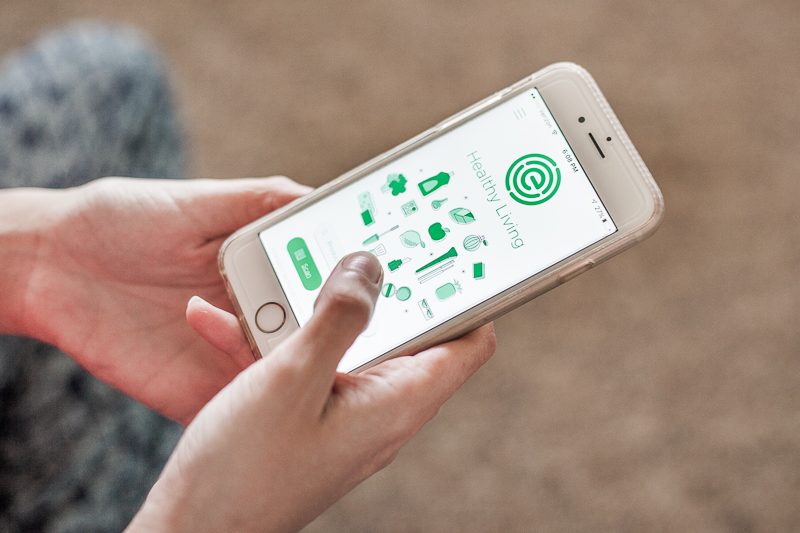How To Tell If Your Beauty Products Are Safe
Did you know that our beauty and hygiene products are almost completely unregulated here in the United States? The most popular and most widely available products more than likely contain multiple chemical ingredients and unnecessary preservatives and filler that range from irritating to downright toxic. It's up to us as individuals to educate and protect ourselves and our loved ones, because so far the FDA and the beauty companies won't do it for us. This isn't only for "women who wear makeup," its for all adults, and especially children, who are even more susceptible to the toxins in their environment.
Our skin is a vital, amazing, and resilient organ. It protects us from weather, literally holds us together, gathers information about the world, and can provide pleasure. It can also be letting in nanoparticles we don't even know about. The average woman uses 12 products on their epidermis every day. This may sound high to some, and low to others! I use around 15 products. Think about it: this includes simple universal hygienic basics like body soap, lip balm, deodorant, shampoo, and body lotion. That's 5 right there. Now add things like sunblock, face products, makeup, hair styling products, and scents. There are multiple ways possibly irritating and hormone-disrupting chemicals are being absorbed into the bloodstream every day.
A guide to identifying potentially toxic products and ingredients in your home, and how to find replacement products
OUTDATED REGULATION: A LITTE U.S. BEAUTY HISTORY LESSON
You might be thinking "but doesn't the FDA approve these things?" The answer is a huge no. In terms of cosmetics and personal care products, the FDA's power is limited to making sure products are labelled "properly." This simply means that companies can't do blatantly misleading things like label "hair dye" as "soap." That's it; there is no FDA approval or testing of skincare and cosmetics before they hit the market. Any research into possible health risks come after a suitable amount of complaints are made by consumers.
We are our own guinea pigs, our own lab rats.
Our government hasn't enacted any new legislation regarding personal care in more than seventy-five years. Since the 1990's, the European Union has banned the use of over a thousand ingredients. The U.S. has banned only 11. We have a long way to catch up. (More resources and educational videos can be found on BeautyCounter here and on the FDA site here).
Check The Labels: Top Ingredients To Avoid
Recent years have brought on a surge of awareness, which groups like the EWG (see below) and companies like BeautyCounter are helping to further. Many people are now aware that many mainstream products contain unnecessary detrimental, drying and potentially toxic ingredients, such as paraben and aluminum anti-perspirants. But many more may still be lurking, and it's up to us to call them out. The Leaping Bunny symbol can help us find out which products are cruelty-free, but it takes a little more work to protect ourselves from toxins. Cruelty-free does not always guarantee a clean product, and vice-versa.
safer skin care
One of the best ways to know what you're putting on your body or scalp is to read the labels. Here's a basic list of common ingredients to avoid: Avobenzone, Benzalkonium Chloride, Benzphenone, Bisephenol A (BPA), Butoxyethanol, Butylene Glycol, Methylene Chloride, Oxybenzone, PABA, Parabens, Phthlates, Propylene Glycol, Sodium Lauryl/Laureth Sulfate, synthetic fragrances, Triclosan.
Retinol/retinyl or Vitamin A is another ingredient to avoid in most products. For some reason it's being added to the wrong products, especially sunscreen. Vitamin A helps create damaging free radicals when mixed with sunlight, which is the exact opposite of what it's marketed to do. Retinol has powerful anti-aging properties, but must be used wisely and with care.
EWG Healthy Living APP
The Environmental Working Group (EWG) is an independent non-profit research organization and lobbying group that advocates for safer regulation across all manner of chemical and human interactions in the U.S. They're responsible for the "dirty dozen" list of the fruits and vegetables with the highest levels of pesticides. In the skincare and beauty realm, the EWG has created a handy rating system called Skin Deep to help rule out unsafe products and find better alternatives.
The accompanying Healthy Living app can scan barcodes, makes suggestions, and assigns products a simple 0-9 rating from safest to most potentially irritating and/or toxic. It's database is still growing, so you won't find every single thing yet, but it still shows you so much in terms of ingredient safety. I use this in tandem with the Leaping Bunny app whenever I have questions about a product I own or am thinking of buying. You can also download the EWG criteria for safe products here.
My Clean Beauty Journey and Favorite Products
safer skin care
I was surprised to find that though I've been concentrating on cruelty-free self care and beauty products, a few of my remaining products rated worse on the EWG scale than I'd expected. Luckily for my cluttered bathroom cabinet, the app also gave me a reason to do a clean out. In April I tossed almost every half-used styling product and scented old body lotion I wasn't using anymore and don't miss them one bit.
One-ingredient products are one of the easiest ways to know your self care is clean!
Lots of items had already been replaced by cleaner or more basic items. I LOVE plain old rosewater for so many things: makeup spray, pick me up spray, perfume, to mix with face mask clays. I buy it in bulk in a reusable glass bottle from the health food store for like fifty cents an ounce. Long ago I decided that plain old coconut oil did a great job at removing eye makeup and moisturizing the driest places, like the ends of my hair and cuticles. I do enjoy the luxury of more advanced products, and of course I love makeup, so I've been investigating the cleanest products to use as well.





